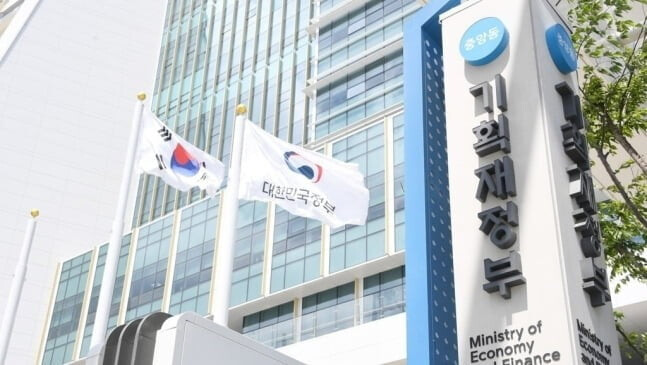
SEOUL – The Yoon Suk-yeol government's push to eliminate various levies, including those on movie tickets and development projects, has stalled following the political turmoil of last year. In a surprising turn, the movie ticket levy, which was just abolished in January, is now likely to be reinstated. The reason? It didn't boost consumer spending as intended, but it did create a significant dent in tax revenues.
With South Korea facing massive tax revenue shortfalls for the second consecutive year, there are growing calls to reassess the government's policy of abolishing these levies.
A Freeze on Abolition
According to the National Assembly's legislative information system, bills related to the elimination of 11 levies, including the development levy and the employment promotion levy for people with disabilities, are currently pending in relevant committees.
Last July, the government revised enforcement ordinances to reduce or eliminate 12 levies, including the electricity industry infrastructure fund levy. It was also pursuing legislative changes to abolish 18 more, including the development levy and the disability employment levy. The goal was to alleviate approximately 2 trillion won in financial burden on citizens and businesses annually.
Pushback and Revenue Concerns
Levies, often described as "quasi-taxes," are imposed for public interest projects. They amounted to 23.3 trillion won in 2023. However, of the 18 levy abolition bills proposed by the government, only 7 passed the National Assembly. The political crisis halted further discussions, leaving most of the bills in limbo.
The Democratic Party and other opposition factions argue that abolishing these levies could weaken the tax base, making it difficult for the bills to pass in the future. A report by the National Assembly Budget Office estimates that abolishing six major levies from 2024 to 2028 would result in a revenue reduction of 7.3868 trillion won. The largest decreases would come from the electricity industry infrastructure fund levy (3.8362 trillion won), the school site levy (1.6191 trillion won), and the farmland preservation levy (875.8 billion won).
Reinstatement and Revisions
In a dramatic reversal, the movie ticket levy, which was abolished in January, is now likely to be reintroduced. This levy, which charged 3% of the ticket price, was eliminated late last year. However, the National Assembly's Culture, Sports and Tourism Committee recently approved a bill to reinstate it. This decision came after concerns were raised that the abolition could harm the independent and art film industry, while failing to lower ticket prices for consumers.
Similarly, the school site levy, which developers pay to secure land for schools, was not abolished. Instead, the National Assembly passed a bill reducing the rate from 0.8% to 0.4%. This decision was made after criticism that abolishing the levy would only benefit developers.
Budget Impact
There are also concerns that levy reductions are leading to cuts in related project budgets. According to the Nara Sal Rim Research Institute, the reduction in the international exchange contribution levy has resulted in a 12.3 billion won cut in cultural diplomacy and international exchange program budgets. The decline in revenue from the departure tax has also led to a reduction in programs to attract foreign tourists.
Lee Sang-min, a senior researcher at the Nara Sal Rim Research Institute, criticized the government's approach, stating, "The problem is that they cut levies without considering how to make up for the trillions of won in lost revenue." He added, "If there are no measures to compensate for the losses, the related levies should be reconsidered."
[Copyright (c) Global Economic Times. All Rights Reserved.]



























